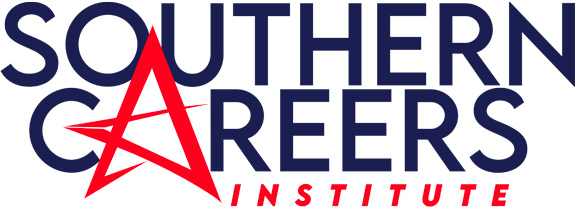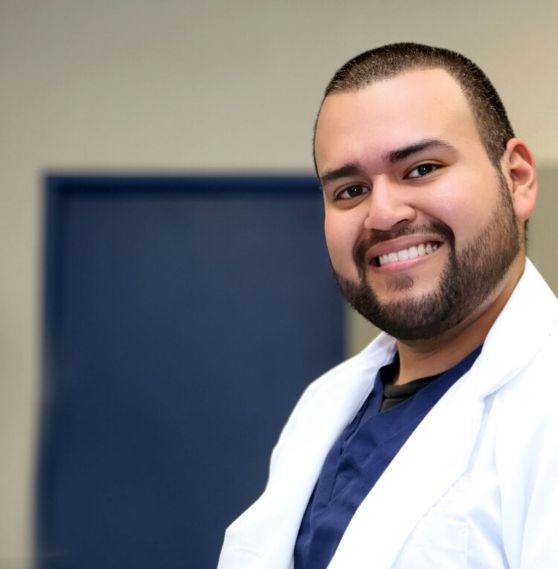4 Major Reasons To Reconsider A Surgical Tech Career
Given its high pay and strong job growth, many see surgical tech as one of the most promising jobs in Allied Health. There are, however, significant downsides that you should consider before you decide to pursue it. Surgical tech is not the job for you if you value:
Autonomous Operation
Preparing operating rooms prior to surgery, sterilizing and organizing medical equipment before use, getting patients ready, and passing instruments to surgeons are among the most common duties in surgical tech. All of this requires you to work under a surgeon’s close supervision, which is not ideal if you prefer to work alone or don’t get along with the particular surgeon you’re assigned to. By contrast, while medical assistants do have to work under nurses and doctors, they are often allowed to operate without direct supervision, especially when treating patients with minor illnesses. Medical coding specialists also enjoy considerable autonomy.
Flexible Scheduling
Because of the high demand for skilled workers at all hours, most Allied Health occupations afford at least some scheduling flexibility. Surgical assistants’ flexibility is limited, however, by the fact that they have to be on duty at the same time as surgeons and their patients. Odds are that you will have to work for more than 8 hours at a time, work on weekends, and/or work in the middle of the night, regardless of whether that is convenient to your schedule. Medical assistants, on the other hand, are general support staff. Though there must be some assistants on duty at all times, individual assistants usually do not have to be present for specific procedures, allowing them to have influence over their schedules. Similarly, billing and coding specialists can perform their duties at any time.
Optimal Odors
Unpleasant odors and sights are par for the course throughout the medical field, but surgery is ground zero for them. Like surgeons, surgical assistants have to directly witness some of the most disgusting aspects of medical care on a daily basis. Because surgical tech is so important to the success of an operation, assistants cannot take time to process and recover from these sights and smells; they must power through them and continue doing their jobs. Conversely, medical billing and coding specialists have little direct interaction with patients; they must read about disgusting procedures, but never have to see or smell them. Medical assistants are not as well insulated from such sights and smells, but are still less likely to experience them at any given time.
Stress-Free Life
Surgical operations are continuous procedures that require continuous concentration. If a surgery takes four hours to complete, the surgical assistants on duty may not get a break during all of that time. Yet they are still expected to do their jobs correctly, and there are dire consequences if they make a mistake. While medical assistants do sometimes have to be involved in long-term procedures, they largely focus on quick, minor treatments, affording plenty of chances for breaks. Likewise, medical billing and coding duties are rarely time-sensitive; as long as everything is entered correctly by the end of the day, coders are free to take a break and recover. None of this is to say that you definitely should not become a surgical assistant. Rather, you should weigh the costs and benefits of that profession against those of medical assistance, medical billing and coding, and other fields. To learn more about choosing between professions, visit the Southern Careers Institute today.

